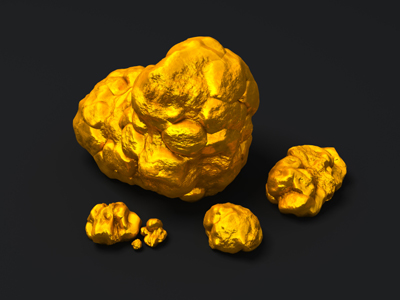
Chemistry - Chemical Reactions of Metals
This Chemistry quiz is called 'Chemistry - Chemical Reactions of Metals' and it has been written by teachers to help you if you are studying the subject at high school. Playing educational quizzes is a user-friendly way to learn if you are in the 9th or 10th grade - aged 14 to 16.
It costs only $12.50 per month to play this quiz and over 3,500 others that help you with your school work. You can subscribe on the page at Join Us
One topic studied in high school Science is the chemistry of limestone and other building materials. This is the last of seven quizzes on that particular subject and it looks specifically at some of the various chemical reactions involving metals.
Ready for more?
not all...
quizzers. Try to win a coveted spot on our Hall of Fame Page.







